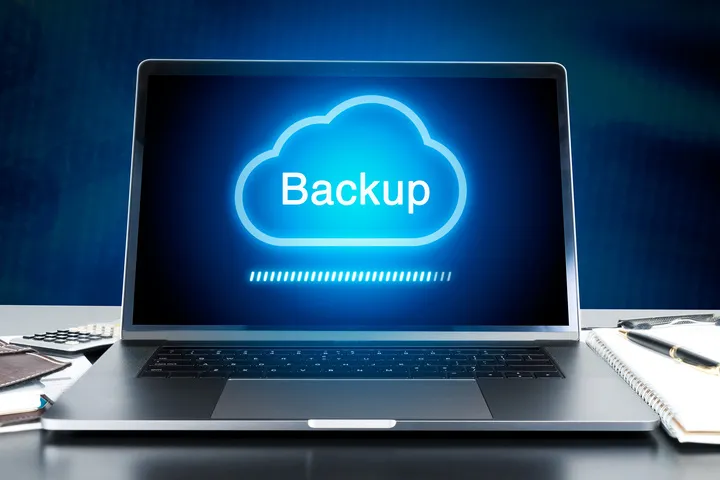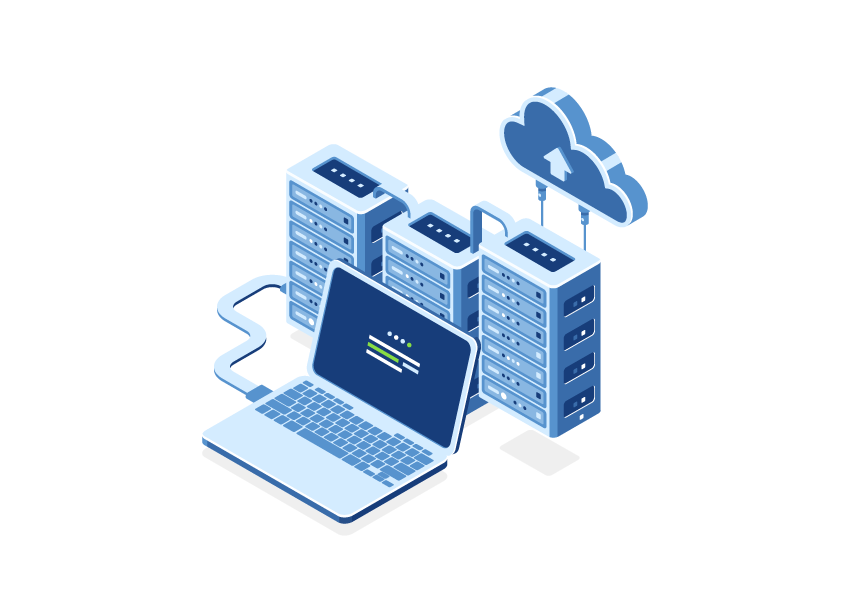Dynamic Network Storage Backup Software Customization Options
Dynamic Network Storage Backup Software Customization Options
Blog Article
Encrypted Backup Solution For Personal Computer Case Studies
Data backup is an essential component of modern life because it offers many benefits that can safeguard people and companies from potential disasters. Backup your data ensures that crucial files are preserved and readily available whether you use physical or cloud storage. In this article, we'll go over the different benefits of data backup and why it should be a regular practice.
Preventing data loss:
The prevention of data loss is one of the main advantages of regular data backups. Permanent data loss can result from accidental deletion, hardware failure, malware attacks, or natural disasters. You can easily restore your files by regularly backing them up, reducing the effects of such events.
recovery of data
Backups offer a dependable means of recovery in the unfortunate event of data loss. You can easily restore lost data from your backup source rather than wasting time and effort trying to retrieve it. You can quickly retrace your steps thanks to the time and resources you save.
Modern Cloud Backup Multiple Computers Solutions
Protection Against Hardware Error:
Storage devices like hard drives and solid-state drives are more likely to malfunction over time (Zimbra Mail Server). You create redundancy that prevents hardware failures by backing up your data. You can rely on your backup to guarantee data availability if one device fails.
Malware attack security:
Cyber threats are a persistent concern in today's digital world. Your system may be compromised by ransomware, viruses, and other malicious software that can encrypt or delete your data. If you have backups, you can simply clean up your infected system and restore the files using a reliable backup source.
Moving to new devices with ease:
Backups are essential when moving data between systems or upgrading to a new device. All of your files, settings, and preferences will be transferred without difficulty thanks to their seamless migration capabilities. As a result, it is no longer necessary to manually copy and move individual files, which saves time and lowers the possibility of pop over here data loss.
Comprehensive Cloud Vs Local Backup Explained

Enhanced Business Continuity
Data backup is essential for businesses to maintain operations without interruption. Having backups in place enables quick recovery and reduces downtime in the event of an It disaster or system failure. This keeps revenue streams, customer satisfaction, and productivity high.
Compliance with legal requirements
Strict rules governing data retention and privacy apply to some sectors, including finance and healthcare. You can comply with these compliance requirements and stay out of any potential legal problems by regularly backing up your data.
Protection against Unintentional Deletion:
Accidentally deleting crucial files can be a nightmare because we all make mistakes. However, if you have backups, it wo n't be difficult to recover the deleted files. Backups serve as a safety net, preventing permanent data loss from even human errors.
Secure Windows 10 Cloud Backup Compliance Checklist
Accessibility to data:
You can access your data from a variety of devices and places by keeping backups. Having backups makes sure that your files are always accessible, whether you're working remotely, traveling, or useful content having technical issues.

Mental tranquility
Peace of mind comes from knowing that your data is safely stored. You can relax knowing that your crucial documents will be secure and recoverable in the event of unforeseen circumstances.
Savings on costs:
Backup solutions can be expensive at first, but they can ultimately save you money. Recovery from data loss incidents can be costly, with costs like data retrieval, system rebuilding, and lost business opportunities. You can reduce these risks and overall costs by investing in backups.
Secure Remote Site Backup Toolkit
Boosted Productivity
By avoiding the need to recreate or reclaim lost data, having a dependable backup system in place increases productivity. Offsite Backup Server. Work is made easier for employees by allowing them to quickly recover their files and get back to work.
Organization of data
Data backup frequently entails grouping and classifying files for simple retrieval. Better data management procedures are encouraged by this procedure, which also makes it possible to organize files more effectively and clear up devices of clutter.
Key Takeaways or a related phrase
Automated Remote Office Backups Essentials

- Regularly backup your files to prevent data loss.
Backups offer a dependable method for recovering data.
- Use backups to safeguard against hardware failure and malware attacks.
- Using backups, it's simple to switch to new devices.
- Ensure business continuity by installing backups.
- Use data backups to comply with legal requirements and prevent legal problems.
- Backup files that were unintentionally deleted should be recovered.
- Use backups to access your data from various sources and locations.
- Feel secure in the knowledge that your data can be recovered.
- Investing in backups can help you save money over time.
- Reduce the need to recreate lost data and boost productivity.
- Use the backup process to efficiently organize your data.
Report this page